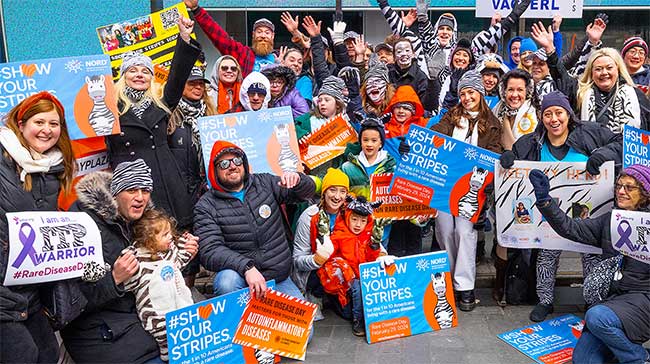Nebraska Family Support Network
3568 Dodge Street
Omaha, NE
4023450791
About Nebraska Family Support Network
The Nebraska Family Support Network (NFSN), a voluntary non-profit advocacy organization, was established in 1988 by a group of parents who identified the need to develop support and referral services closer to home for families of children with mental illness, serious emotional disturbances, and behavioral disorders. The Network, which now consists of approximately 2,500 members, is dedicated to providing support to families of children with or at risk for a mental, emotional, or behavioral disorder; promoting an integrated “system of care” for affected children and their families; and promoting awareness of the needs of affected children among the general public and health care professionals. The Nebraska Family Support Network works collaboratively with other family support organizations across the state for the purposes of information sharing, resource exchange, advocacy, service development, and policy/legislation review. The Network also offers a 24-hour toll-free telephone support line for statewide access for parents and professionals; serves as a referral mechanism for families to link with appropriate support groups in or near their communities; and offers networking services to affected families, enabling them to exchange mutual support, information, and resources. In addition, the Network provides advocacy services upon requests from families, physicians, or special educators; develops programs to educate families and professionals about the needs of children and adolescents with emotional, behavioral, or mental disorders; and conducts regular workshops to help parents become more effective participants in their children’s treatment when working with Medicaid or Medicaid Managed Care providers. The Nebraska Family Support Network also has a lending library with print and video resource materials and publishes a quarterly newsletter for families and professionals that regularly includes commentary, support group locations, behavioral and mental health information updates, and legislative/regulatory updates concerning changes that may affect affected families’ access to required services.



